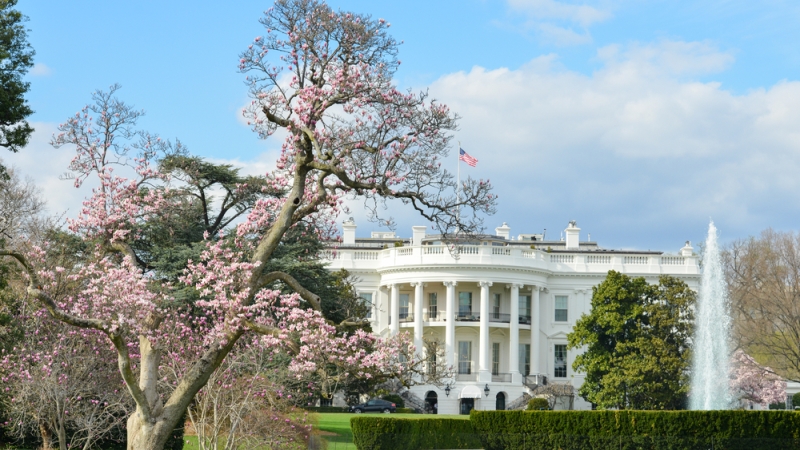
The White House’s Office of Management and Budget (OMB) asked Federal agencies on Thursday to increase the amount of in-person work at Federal offices, while also balancing telework as an important retention tool.
In an April 13 memo, OMB Director Shalanda Young instructed agencies to develop updated “work environment plans,” based on post-pandemic reentry plans. The memo comes one year after agencies completed reentry and just days after President Biden signed a Republican-backed bill that officially ended the COVID-19 national emergency.
“It is the right time for agencies to assess their work environments, reflecting on what they have learned as they build routines for measuring and monitoring organizational health and organizational performance,” Young said in the memo.
OMB said that the expectation is for agencies to “substantially increase meaningful in-person work,” specifically at headquarters and equivalent offices, “while still using flexible operational policies as an important tool in talent recruitment and retention.”
However, OMB made clear that it wants Federal agencies to be intentional when bringing employees back into the office. The agency defined meaningful in-person work as “work that is purposeful, well-planned, and optimized for in-person collaboration.”
“Planning should recognize that some operating units have improved performance while using workplace flexibilities, while also optimizing in-person work and strong, sustainable organization health and culture,” Young said in the memo.
Federal agencies have a 30-day deadline to provide OMB with their updated work environment plans, which should include their current telework policies and anticipated changes. Additionally, agencies must identify a lead for organizational health and organizational performance, who can oversee and monitor workplace changes.
“Where agencies are successful, we will scale and replicate best practices,” Jason Miller, deputy director for management at OMB, said in a blog post on the new guidance. “Where agencies fall short, including if their workplace policies negatively impact results, they must be held accountable and work to make responsible changes, improve their operations, and tackle challenges wherever they arise.”
Miller also noted that the guidance will work to advance the three core goals of the President’s Management Agenda (PMA): strengthening and empowering the Federal workforce, delivering excellent Federal services and customer experiences, and managing the business of government.
As the Federal government shifts to increasing in-person work in many agencies, Miller said it is “building on the innovations and technology that Federal agencies put to work over the last two years to make the Federal government efficient, resilient, and effective.”
Rep. Gerry Connolly, D-Va., a strong advocate for telework in the Federal government, applauded the memo’s “thoughtful and deliberate approach.”
“The pandemic taught us that telework is a valuable and necessary tool for continuity of operations. But it is not and should not be one-size-fits-all,” Rep. Connolly said in a statement.
“The administration’s balanced guidance recognizes that fact, and puts us on a path toward structured telework programs that are tailored to the specific needs of individual agency missions – as they should be,” he added. “I look forward to continued partnership with the Biden administration to ensure our Federal workforce has the resources necessary to serve all Americans.”
However, some Federal employee groups said they were surprised that government employees were not consulted before OMB published the new guidance.
“As with any change to working conditions, the voices and concerns of the employees directly affected deserve to be heard through the collective bargaining process,” American Federation of Government Employees (AFGE) National President Everett Kelley said in a statement.
“We look forward to continuing to participate in that process at the appropriate level and reaching agreements that meet the operational needs of Federal agencies while protecting productivity gains associated with telework as well as the ability to recruit and retain the next generation of government employees in a competitive labor market,” Kelley said.
